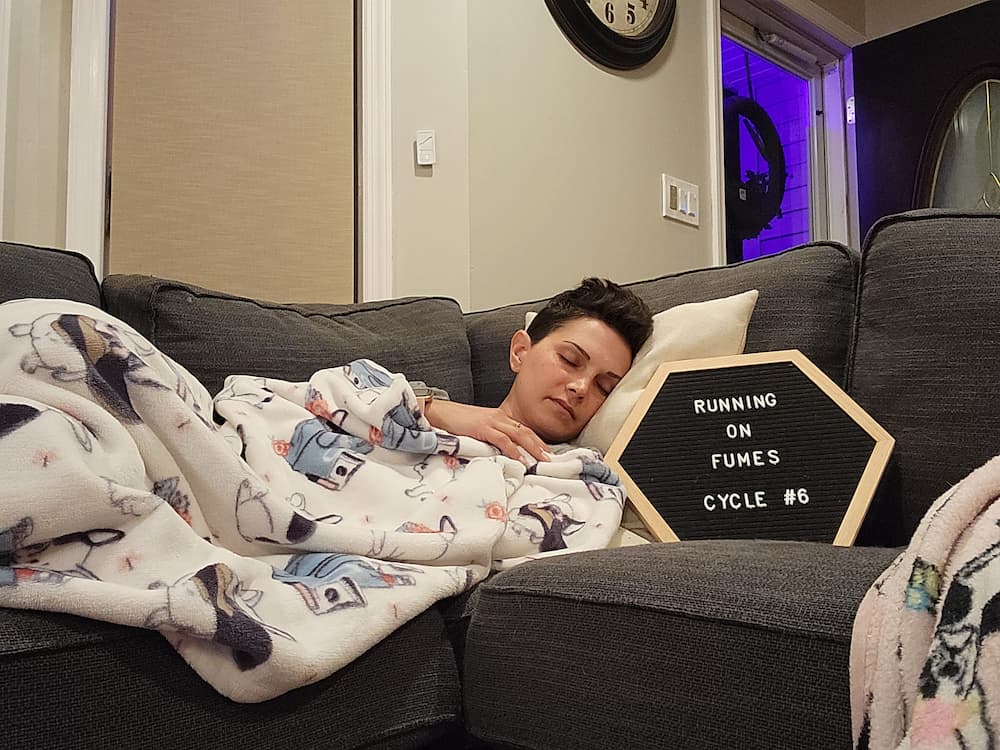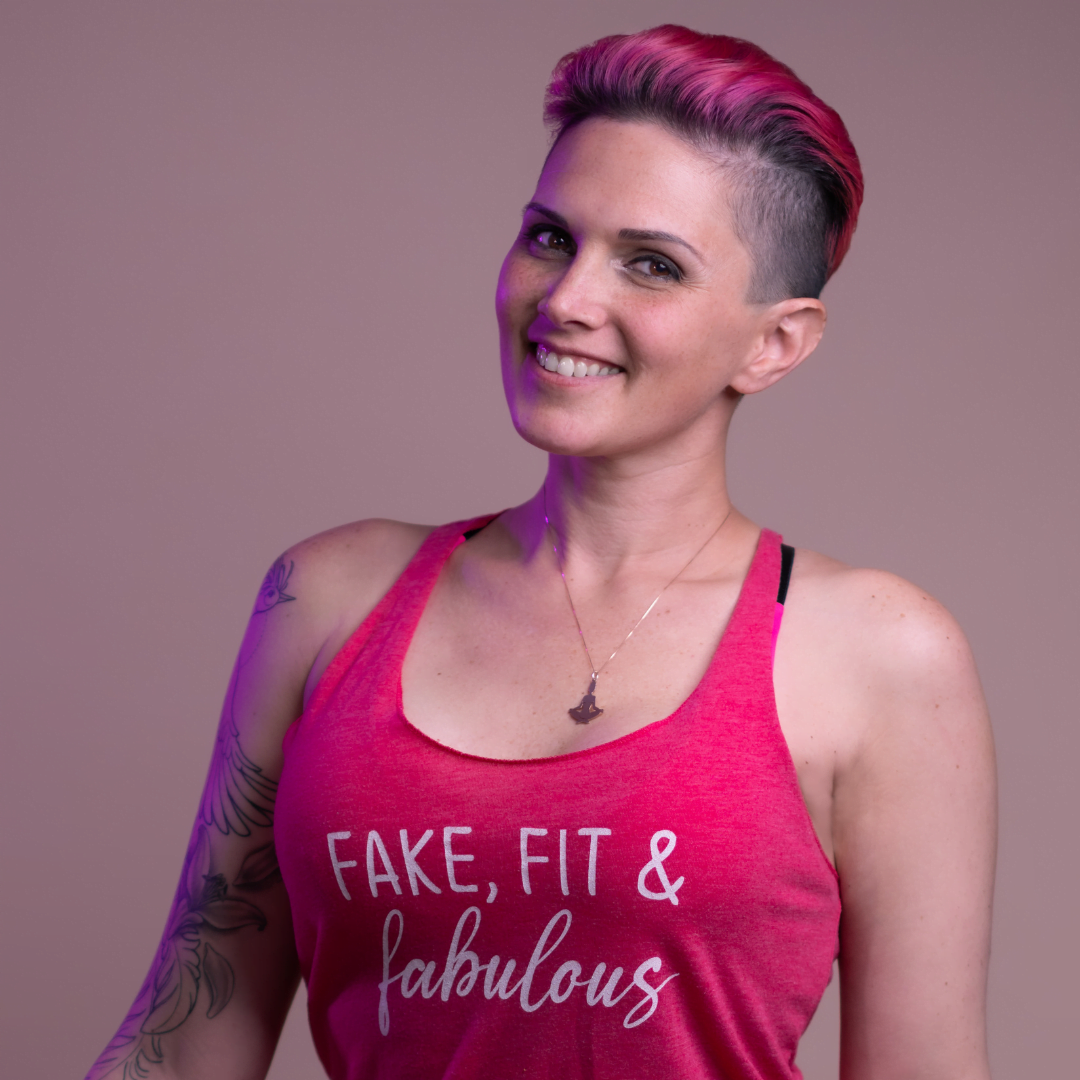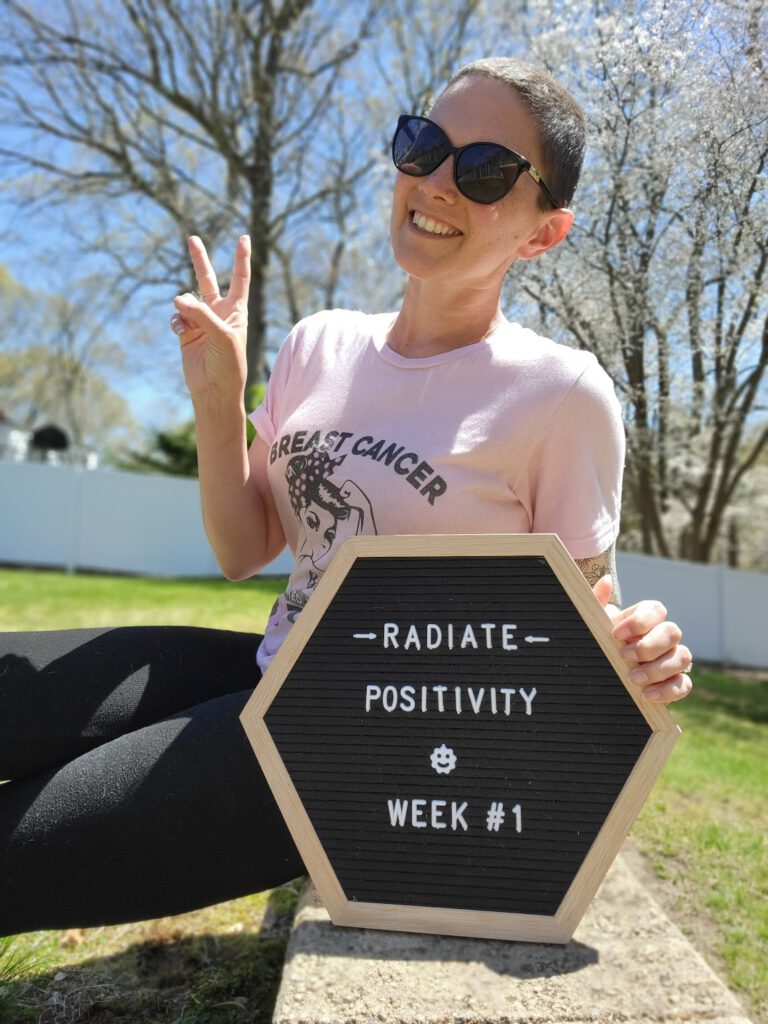Expert Strategies for Breast Cancer
Have you ever heard the saying “A body at rest tends to stay at rest”? Well, for us breast cancer survivors that statement is resoundingly true. For breast cancer survivors, this rings especially true. Dealing with breast cancer fatigue isn’t just physically exhausting – it can leave us emotionally drained as well. As someone who’s been down this road, I know how draining it can be, but I can tell you that there’s hope.
This post contains affiliate links. This means I may earn a commission should you choose to sign up for a program or make a purchase using my link. I love all of these companies, and you will too

What are the Causes of Fatigue?
After becoming diagnosed with breast cancer, many survivors find themselves facing a constant and overwhelming sense of fatigue. But why does this happen?
- Chemotherapy: Chemo is one of the most common breast cancer treatments, but it can also wreak havoc on the body. Studies have shown that chemo can disrupt normal cellular functions, leading to fatigue that can last long after treatment ends.
- Radiation Therapy: While effective in targeting cancer cells, can also affect healthy tissues and organs. Research suggests that radiation-induced fatigue may result from damage to the body’s energy-producing mechanisms, the mitochondria.
- Hormonal Changes: Many breast cancer survivors undergo hormonal therapy as part of their treatment plan. These medications, such as tamoxifen or aromatase inhibitors, can alter hormone levels in the body, leading to fatigue as a side effect. For someone like me who was diagnosed with Triple Negative, my hormones weren’t really the focus during treatment but I was put into medically induced menopause where my hormones quickly became depleted.
- Emotional Stress: The emotional toll of a breast cancer diagnosis and coinciding treatment cannot be understated. The weight of the world (and your life in doctors’ hands) is something I’ve never felt before. Studies have shown that psychological distress, such as anxiety and depression, can contribute significantly to cancer-related fatigue.
- Sleep Disturbances: Sleep disturbances are common among breast cancer survivors. We often experience heightened levels of pain/anxiety, and some of our medication side effects can disrupt sleep patterns. Being in medically induced menopause really, REALLY messed with my sleep. Those hot flashes are no joke! Poor sleep quality can exacerbate fatigue and lead to a vicious cycle of exhaustion.
By understanding these factors, we can begin to address the root causes of post-cancer fatigue and develop targeted strategies to combat it.

Tips for Managing Fatigue during Workouts
Managing fatigue during workouts can be challenging, but with the right strategies (and the right trainer), it’s possible to exercise safely and effectively.
When it comes to exercise, pacing yourself is crucial, especially for breast cancer survivors experiencing fatigue. Research has shown that pushing too hard during workouts can lead to increased fatigue and potential injury. Instead, listen to your body and adjust the intensity of your workouts accordingly. Start slow, gradually increase the intensity by incorporating more sets then incorporating more weight. I can’t stress how important it is that you pay attention to how you feel. I know a lot of us to want to go quickly because we’re limited by our schedule or just the mentality of “wanting to get it over with”. By pacing yourself, you can build endurance and strength over time while avoiding burnout.
My furbabies are always making sure that my breaks are accounted for and full of lots of pets for them!

Don’t underestimate the power of rest breaks during your workout routines. Studies have demonstrated that incorporating rest intervals into exercise sessions can help prevent fatigue and improve overall performance. Depending on your schedule, it’s been shown that the longer the rest period you have (like 5 minutes max) the more you develop strength more efficiently. However, if you’re pressed for time try to give yourself at least 30 seconds to a minute between sets or during a cardio workout. Giving your body time to recover is essential for maintaining energy levels and reducing fatigue.
Low-impact exercises are gentle on the joints and require less energy,
making them ideal for managing fatigue. Activities such as walking, swimming, and cycling are excellent cardio options for breast cancer survivors looking to conserve energy while staying active. I loved doing laps around the house while undergoing treatment and then treating myself to an episode of Netflix binging!
By incorporating these tips into your workout routine, you can effectively manage fatigue, stay safe during exercise, and reap the many benefits of fitness. Remember to consult with your medical team before starting any new exercise program, and always listen to your body!
Fuel your fight with foods!
Nutrition plays a crucial role in combating fatigue and replenishing energy levels, especially for breast cancer survivors. This segment emphasizes the importance of nutrition in combating fatigue, provides evidence-based recommendations and I encourage you all to reach out to a qualified nutritionist for more personalized guidance.
The food we eat provides the fuel our bodies need to function optimally, and this is especially important for combating fatigue. Research has shown that nutrition plays a huge role in managing cancer-related fatigue, with specific nutrients and dietary patterns impacting energy levels and overall well-being.
Choosing the right foods could make a big difference in sustaining energy levels throughout the day. Incorporating energy-boosting foods and snacks into your diet can help stabilize blood sugar levels and provide a steady source of fuel for your body.
- Complex carbohydrates: Foods like whole grains, fruits, and vegetables provide a slow and steady release of energy, helping to prevent blood sugar crashes and fatigue. Did someone say 2pm crash? Not in my house!
- Healthy fats: Foods rich in healthy fats, such as avocados, nuts, seeds, and olive oil, can help keep you feeling full and satisfied while providing a source of long-lasting energy.
- Protein-rich foods: Lean protein sources such as chicken, fish, tofu, and beans are essential for muscle repair and energy production. This is so important for us breast cancer survivors during and after treatment! If you’re finding it hard to get adequate protein levels in, I highly recommend checking out EarthChimp Vegan Protein Powder. It’s my go to for the ultimate protein shake and healthy dessert options.
For personalized nutrition guidance tailored to your specific needs
I encourage you to reach out to my colleague Brynn. As a fellow breast cancer survivor, registered nurse, and holistic health coach, Brynn has the expertise and experience to provide you with comprehensive support and guidance on your nutrition journey.
take a deep breath
Navigating the complexities of fatigue post-breast cancer can be overwhelming, but it’s essential to remember that you’re not alone in this journey. As someone who has walked down this path both as a survivor and a caregiver, I understand the challenges you may be facing.
Beyond the practical tips and strategies, I want you to know that there is hope. You are stronger and more resilient than you realize, and with the right support and guidance, I know that you can overcome the challenges of fatigue and thrive.
Whether you’re a survivor or a caregiver, I encourage you to reach out for support and connect with others who understand what you’re going through. Remember, you don’t have to navigate this journey alone. Together, we can empower each other, conquer fatigue, and embrace a life of health, vitality, and resilience. Thank you for joining me on this journey, and may you find strength and hope in the days ahead.




